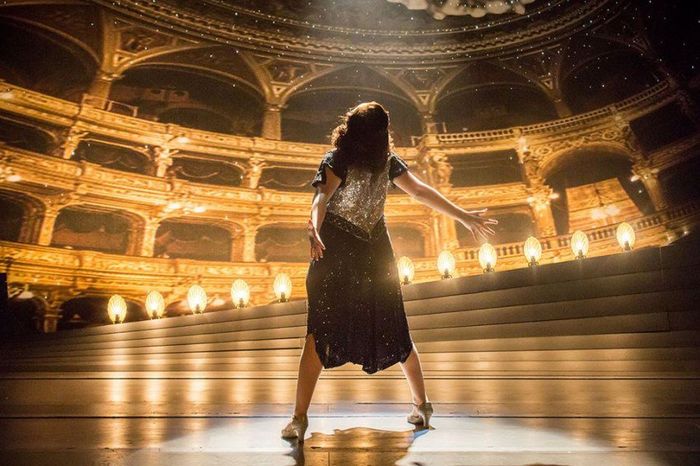A dramatic case of hypocrisy? Live streaming in and beyond lockdown
Helen Turner-Smyth sheds light on the debate surrounding the changing response of theatres to streamed performances during lockdown
At 7pm on Saturday, the ADC streamed a recorded performance of Chekhov’s ‘Swansong’. The one-act play was the latest in a dense and continuing succession of performances the theatre has made available online since the start of lockdown. Their decision to make recordings of past shows freely accessible to the general public has been part of a broader response pursued by the arts sector; the National Theatre’s weekly live streams have proved notably popular, drawing large-scale (if virtual) audiences, and the Metropolitan Opera have even been providing ‘Nightly Streams’ of previous performances.
Whilst many are obviously thankful for institutions alleviating the effects of lockdown in whatever way they can, the speed with which the sector moved to make such materials freely available - as well as the plethora now available to us at home - has prompted question. The title of Chris Stokel-Walker’s recent article in The Telegraph concisely reflected how rapidly theatre’s relationship with the internet has changed: ‘Broadway waged war on Youtube - now it’s keeping it alive’.
Creative centres, like most, have a desire to protect the integrity and rights of ownership over what they have produced
Some may well argue theatre’s current attempts to contribute during the COVID-19 crisis are overshadowed by the hypocrisy their steps have revealed. It is easy to forget that lockdown was immediately preceded by years of often embittered argument about the detrimental effects of mobile recording and pirated distribution on the industry; mere months ago, a sudden willingness to provide unrestricted access to numerous performances would have been impossible to predict.
Yet the action taken by theatres, both before and during lockdown, has been understandable. Creative centres, like most, have a desire to protect the integrity and rights of ownership over what they have produced. The arguments behind this are numerous, and range from maintaining the dignity of a particular artistic vision (see Stokel-Walker’s article for Hamilton composer Lin-Manuel Miranda’s aggressive attack on theatrical bootlegging) to more fundamental practicalities of exchange, as revenue from ticket sales it what funds the sector. As the coronavirus pandemic has made this traditional mode of income untenable, it seems natural that theatres have begun putting archived performances online and appealing to the philanthropy of remote audiences to bridge this period of financial hardship.
Accusations of hypocrisy also fail to appreciate a key distinction between the current proliferation of live streams and illicit recordings of hit dramatic, comedic and theatrical performances that pre-date lockdown - in the former case, the rights of ownership remain clear.
We cannot expect the scale of lockdown streaming and viewing to endure
Nonetheless, these developments do prompt a broader discussion about the responsibility of the arts sector to utilise new media in order to make productions more accessible. There is certainly a consensus that experiencing pre-recorded versions of live theatre is distinctly different from being ‘present’ in a space where the action is taking place (a fact which can prompt rather ugly snobberies about the ‘authenticity’ of particular kinds of audience participation). However, the popularity and success of live streams during lockdown should demand a re-evaluation of how we experience performance following the lifting of current restrictions.
We cannot expect the scale of lockdown streaming and viewing to endure. An end to the pandemic and return to normal life will see regular theatre-goers go back to the stalls, as well as the (thankful) end for many of us of leisure time being almost exclusively house-bound. However, the potential for online viewing is clear and could facilitate an invaluable reaching out by the arts sector for those viewers facing geographical, social, mental or physical obstacles to attending live shows.
 Comment / Plastic pubs: the problem with Cambridge alehouses 5 January 2026
Comment / Plastic pubs: the problem with Cambridge alehouses 5 January 2026 News / Uni-linked firms rank among Cambridgeshire’s largest7 January 2026
News / Uni-linked firms rank among Cambridgeshire’s largest7 January 2026 News / New movement ‘Cambridge is Chopped’ launched to fight against hate crime7 January 2026
News / New movement ‘Cambridge is Chopped’ launched to fight against hate crime7 January 2026 News / SU stops offering student discounts8 January 2026
News / SU stops offering student discounts8 January 2026 News / Cambridge businesses concerned infrastructure delays will hurt growth5 January 2026
News / Cambridge businesses concerned infrastructure delays will hurt growth5 January 2026









